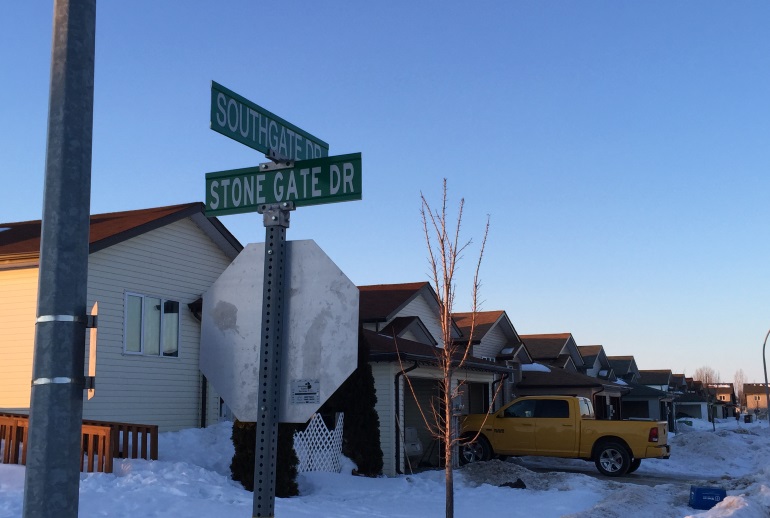Communities may soon be able to set speed limits on their own roads.
The Province introduced new legislation Thursday that would transform roadway policy, including allowing municipalities to set speed limits on their roadways rather than having to apply to a provincial board.
Winkler City Council has long fought the Highway Traffic Board for the right to govern its own speed limits. Yesterday, Winkler Mayor Martin Harder says a decade of blood, sweat and tears have paid off.
"Today is payday."

The battle with MIT goes back nearly a decade to a request for a speed reduction on Highway 14. Last year the frustration turned to advocacy to change the responsibilities of the board.
As part of the proposed changes, the Highway Traffic Board would be eliminated, something Winkler City Council has reiterated numerous times and even brought forward to AMM (Association of Manitoba Municipalities) as a resolution.
"And this is the result," Harder says, adding the legislation covers all their concerns regarding the Highway Traffic Board.
"If you are solutions-oriented you have better ideas... if you simply complain about the system without a solution it falls on deaf ears," he says. "We came in with a clear message and solution."

The legislation cuts down 5,400 regulations down to 2,700, greatly reducing red tape, Harder explains.
"That's why it's so exciting. This accomplishment is worth ten years of fighting."
Infrastructure Minister Ron Schuler made the announcement at the Manitoba Legislature Thursday, calling it some of the most significant changes to the transportation legislation in the past 30 years.
"From day one, our government has been focused on ensuring onerous and outdated regulatory requirements impacting Manitobans are eliminated while keeping public safety at the forefront," Schuler said.
The traffic and transportation modernization act would make amendments to The Drivers and Vehicles Act, The Highway Traffic Act, The Manitoba Public Insurance Act and The Provincial Railways Act, while replacing The Highways and Transportation Act and The Highways Protection Act with the proposed new transportation infrastructure act, the minister said.
Major changes would include:
-allowing municipalities to set speed limits on their roadways rather than having to apply to a provincial board;
-consolidating the outdated ‘two plate’ CT/PSV registration system for more than 33,000 heavy trucks in Manitoba;
-streamlining and moving the approval process of non-government highway signage from the Highway Traffic Board to the Department of Infrastructure;
-opening up Manitoba’s charter bus industry to align with the terms of the New West Partnership; and
-creating a superintendent of railways to oversee Manitoba’s short-line railways.
This new regulatory framework would come into effect over the course of one year to allow consultations with stakeholders and time to prepare for the changes, the minister noted.
Related articles:
Winkler Rallying Support To Strip Traffic Board Of Speed Limit Authority
Winkler Wins Battle For Lower Speed Limit
Highway Traffic Board Says "No, Stop Asking" To Speed Reduction Requests
Study Reveals 5,000 Vehicles Travel 15th St. Each Day, Doesn't Move MIT To Lower Speeds
Council Fights For Lower Speed Limits In Winkler, "Someone's Going To Get Killed Out There"
Winkler Continues Fight For Speed Reductions Near Sports Fields "70 km/h Is Just Not Safe"


















